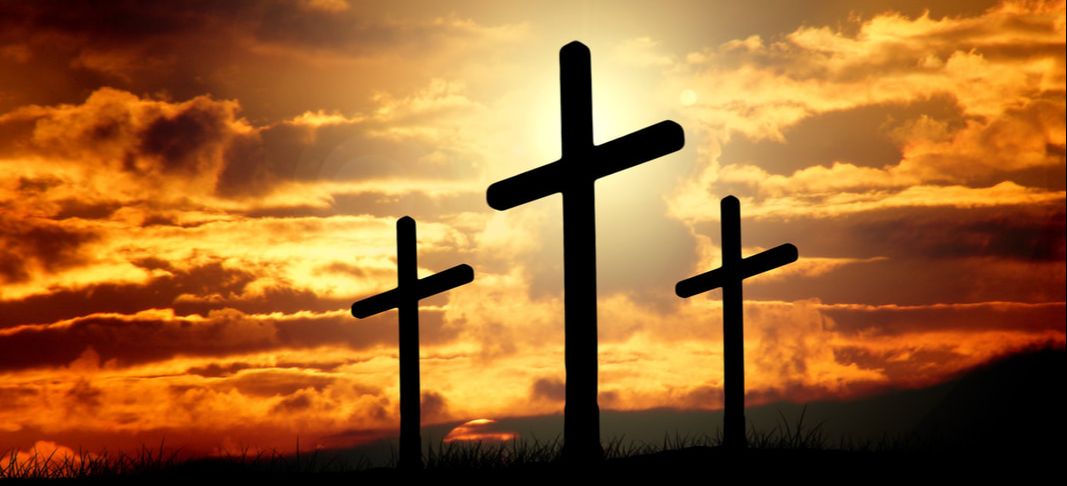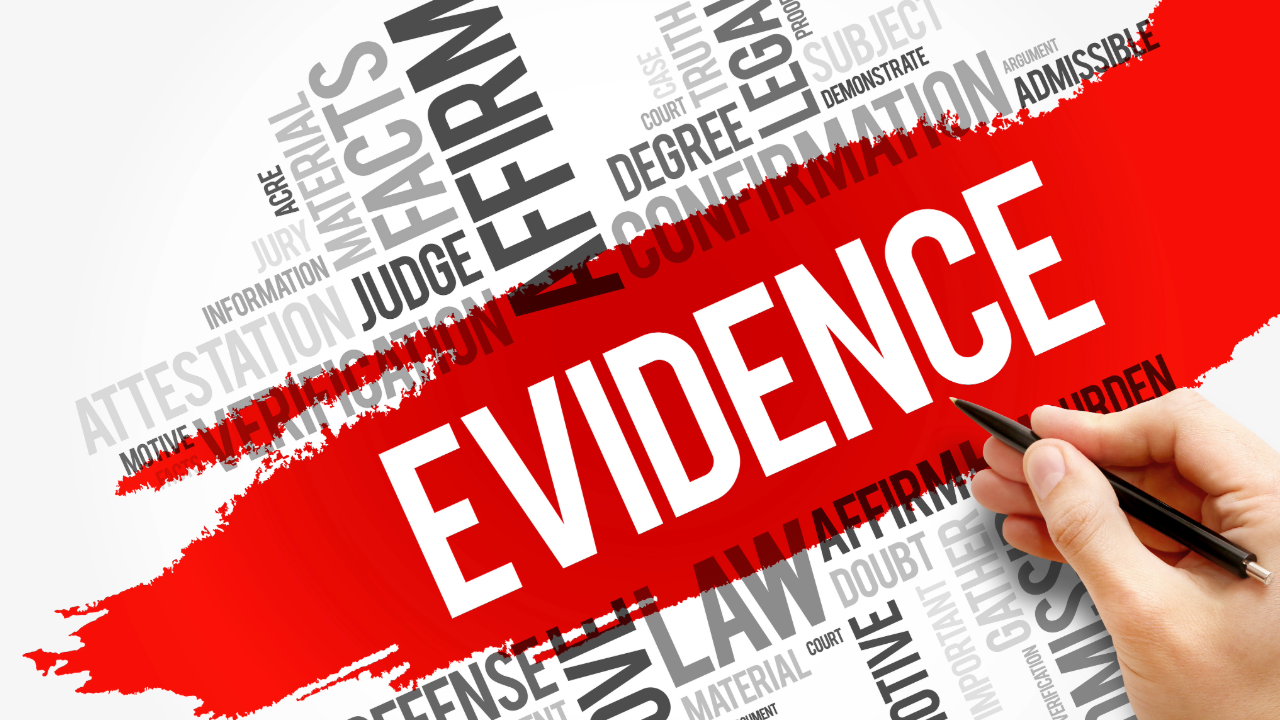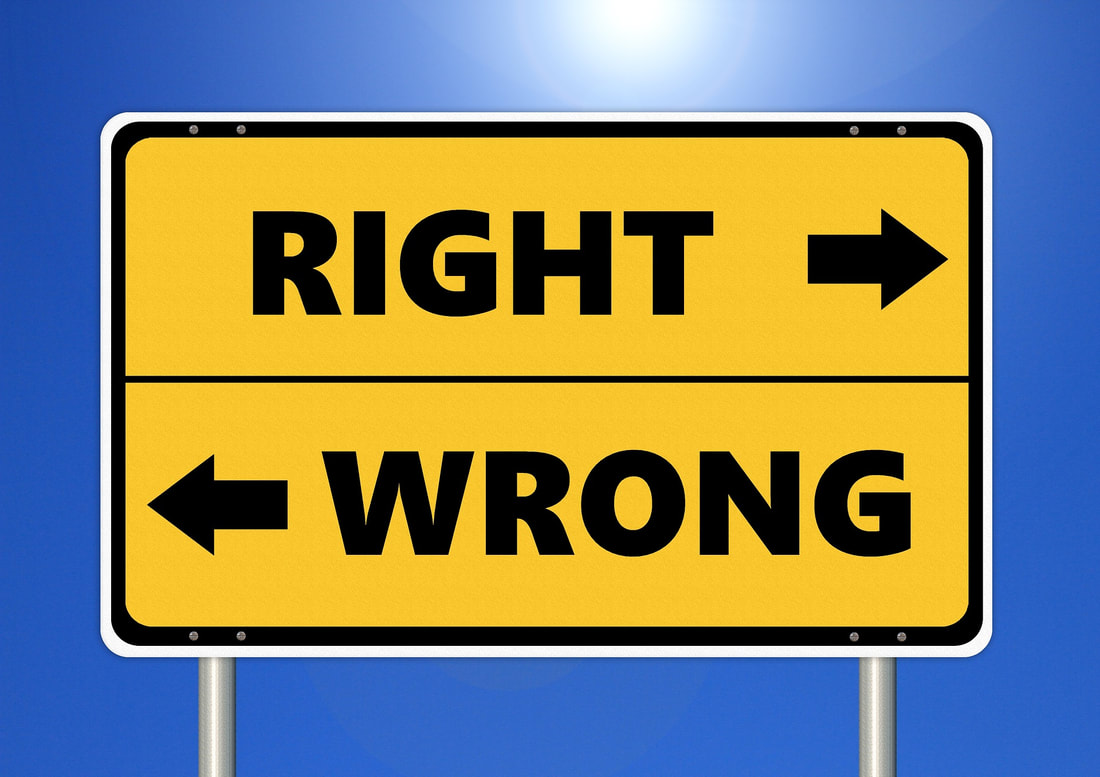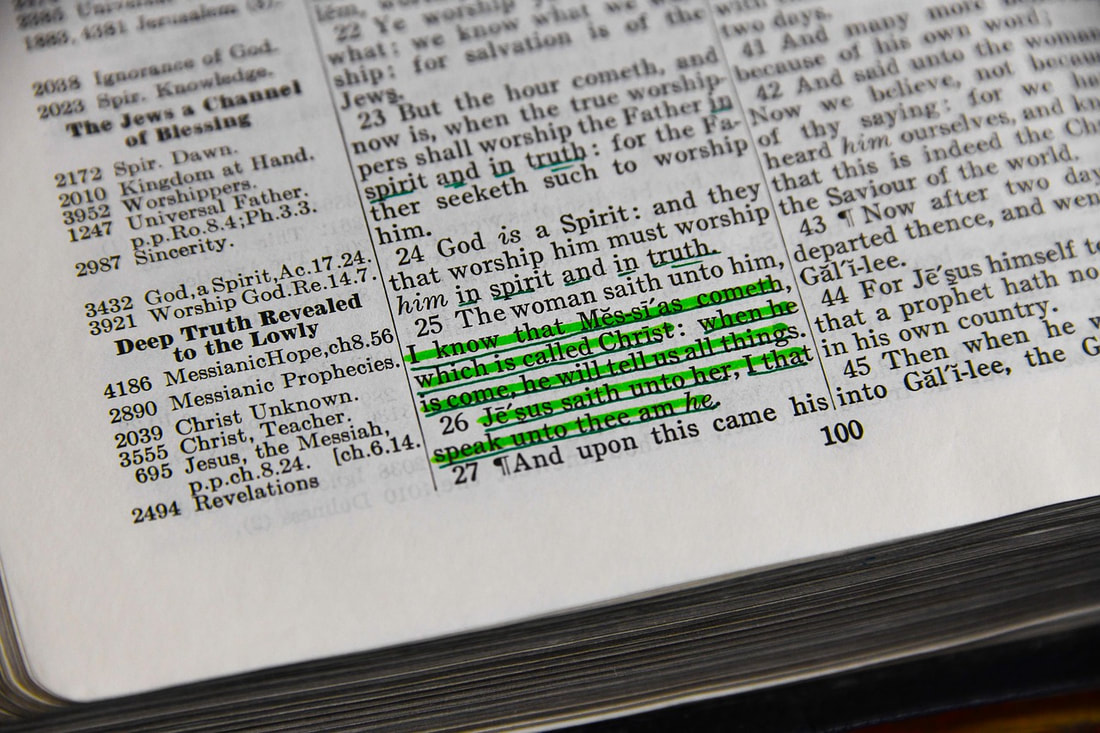|
One of the tests that I use for determining the validity of a biblical text or translation is the test of inerrancy. This is one of the primary reasons that I prefer the Textus Receptus over the critical text. If the Word of God is inerrant, then the critical text cannot be the pure Word of God, for it contains many errors that are overlooked simply because the compilers of that text do not hold to the doctrine of inerrancy.
0 Comments
There are many Christians today who are confused and uncertain about the topic of transsexuality. They are taught that God makes people transsexual, and that Christians must accept this out of love, but to claim that God made someone both male and female is an open accusation that God is the author of confusion. This is a direct contradiction of God's statement in I Corinthians 14:33 that He is not the author of confusion.
My first debate with an atheist took place during a church youth activity when I was only 14 or 15. One of the girls in our church had invited a young man to come with her, and at some point in the evening, he told us that Christians were silly for believing in God in the first place.
One of the main reasons that I engage in political debates is that doings so creates so many opportunities for directing the conversation to the topics of God and the Bible. Here's a recent example of a comment that someone left on one of my political posts which then grew into a debate on the moral argument for the existence of God.
 Every year around Easter, my Facebook feed fills up with speculations about the timing of the various events surrounding the death, burial, and resurrection of Christ. I’ve previously addressed questions about the hour at which Christ was crucified and about the timing of the crucifixion in relation to the Passover. In this article, I’ll present a few of the reasons that I believe the crucifixion of Christ took place on a Thursday. What is it that makes an individual a Christian? This simple question has been asked and answered alternatively for nearly two millennia. How one answers this question will have profound implications in his life, his ministry and his future estate. It is imperative that every individual come to a realization of the minimal beliefs with which he must agree in order to obtain salvation.
Around this time of year, a lot of Christians try to explain the genealogies in Matthew and Luke by saying that Matthew gives Joseph's genealogy while Luke gives Mary's genealogy. While this is technically true, I think that it causes more confusion than necessary. The proper way to view the two genealogies is not as those of Joseph and Mary but rather as the genealogies of Joseph and Jesus.
Last year, one of my friends posted a video on facebook excoriating everyone who did not wear a mask in public. I wrote this friend a letter explaining that his statements were very wrong and very hurtful. We never received a response from this friend, but he did soften his tone shortly thereafter. With the current rise in cases, I have seen several other friends make statements about masks that are similar to what this other friend said last year, and I have decided to share publicly the letter that I wrote to him. Here is the text of that letter:
From 1997 to 2002, the National Institute of Allergy and Infectious Diseases (NIAID) and the National Institute of Child Health and Human Development (NICHD) forced children in the foster care system of New York to take experimental medication that made them severely ill and had potentially lethal side effects. In 1997, Pfizer conducted an illegal drug trial on two hundred children in Nigeria that left fifty children dead and many others with severe brain damage and paralysis. Between 1932 and 1972, the US Department of Health and Human Services (HHS) and the Centers for Disease Control and Prevention (CDC) conducted an illegal study of syphilis patients at the Tuskegee Institute, which resulted in the death of 128 of the study participants.
The history of medicine is replete with examples of people being ruthlessly subjected to unethical testing. The potential for amassing wealth from drug sales has often proven to be too great a temptation for those in the medical profession, and countless innocent lives have been lost as a result. When these practices are exposed, we are understandably outraged, and the demand for justice echoes around the globe. Unless, that is, the victims of this injustice were killed before they were even born. Not too long ago, I taught a Sunday School series on Using the Law Lawfully. In that series, we analyzed all 613 of the laws in the Old Testament to determine which of them still applied to modern Gentile believers. One of the laws that we looked at was the prohibition against crossdressing found in Deuteronomy 22:5, and I think that we established a pretty good understanding of that law and how it applies to us today. Here is the outline from that lesson:
|
Bill Fortenberry is a Christian philosopher and historian in Birmingham, AL. Bill's work has been cited in several legal journals, and he has appeared as a guest on shows including The Dr. Gina Show, The Michael Hart Show, and Real Science Radio.
Contact Us if you would like to schedule Bill to speak to your church, group, or club. "Give instruction to a wise man, and he will be yet wiser: teach a just man, and he will increase in learning." (Proverbs 9:9)
Search
Topics
All
Archives
June 2024
|











 RSS Feed
RSS Feed